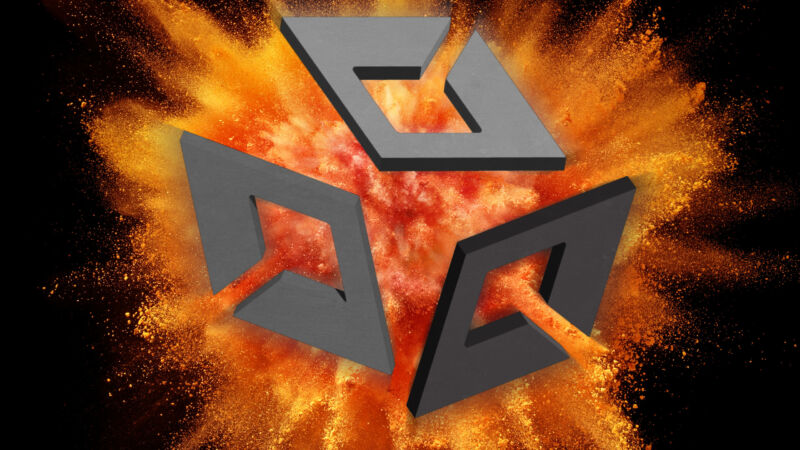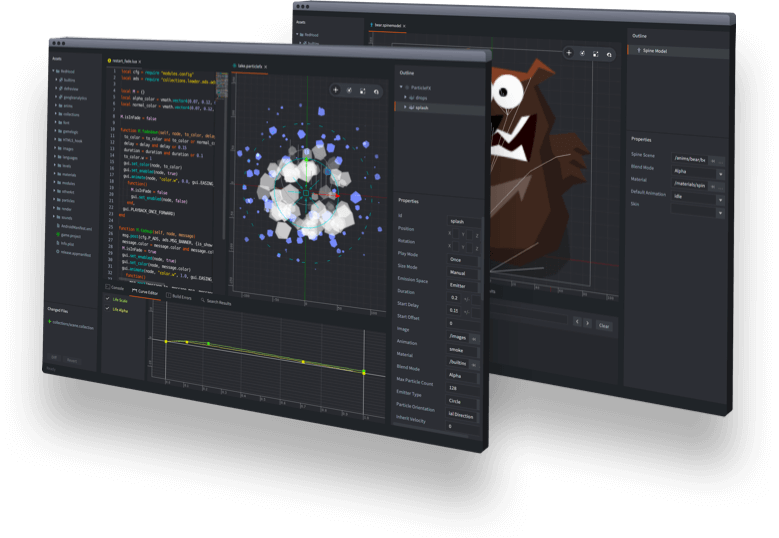-
 chevron_right
chevron_right
Unity lays off hundreds of Weta Digital engineers as it pivots back to games
news.movim.eu / ArsTechnica · Wednesday, 29 November - 16:47

Enlarge / Kaboom! (credit: Aurich Lawson | Getty Images)
Game engine-maker Unity has announced plans to lay off 265 workers—or just under 4% of its roughly 7,000-person workforce—as it winds down a partnership with special-effects house Weta Digital and refocuses on its core gaming business.
Unity spent a cool $1.625 billion in cash and stock to purchase the tech division of the Peter Jackson-led Weta Digital just over two years ago , taking in 275 company engineers in the process. The vast majority of those engineers are now being let go as Unity has "terminated its obligations to provide certain services to Weta FX and also amended certain intellectual property rights between the parties," according to a recent SEC filing and Reuters reporting .
The Weta Digital acquisition came as game engines like Unity and Unreal were increasingly being embraced by Hollywood studios as the basis for their digital-effects work. The deal was also part of an expensive wave of corporate acquisitions Unity undertook after its late 2020 IPO . That buying spree included cloud gaming-service Parsec , mobile ad giant Ironsource , and 3D collaboration company SyncSketch , to name just a few.





